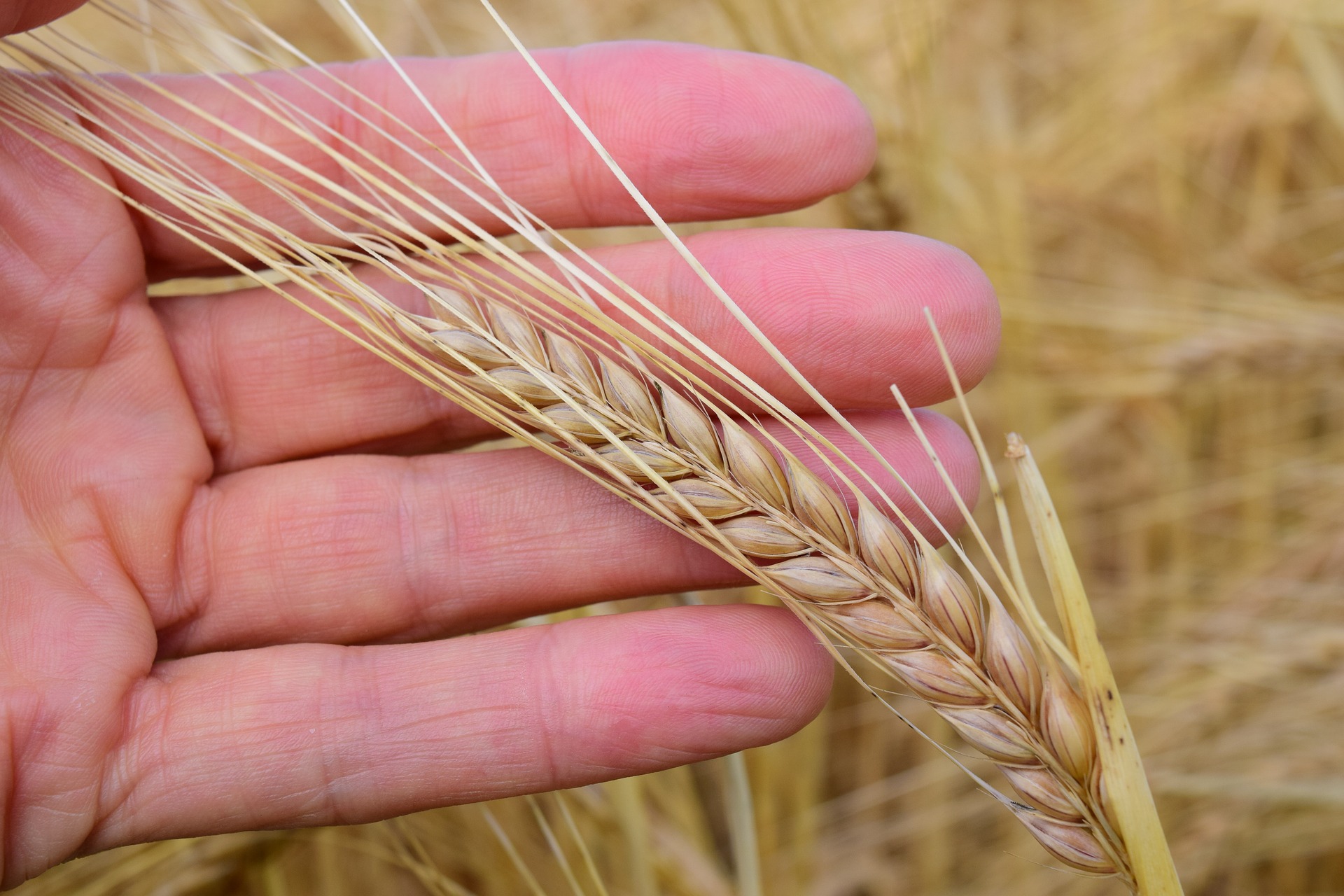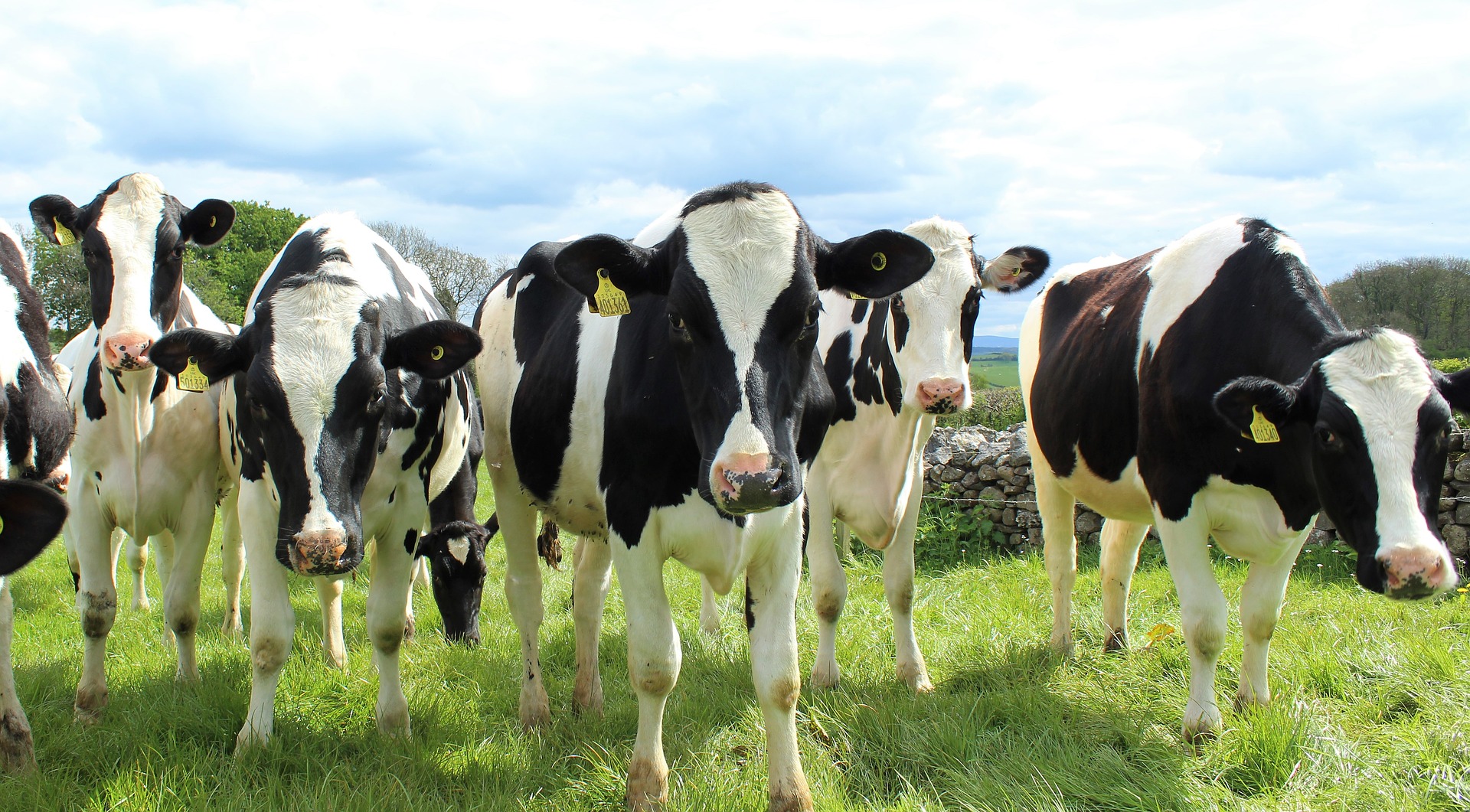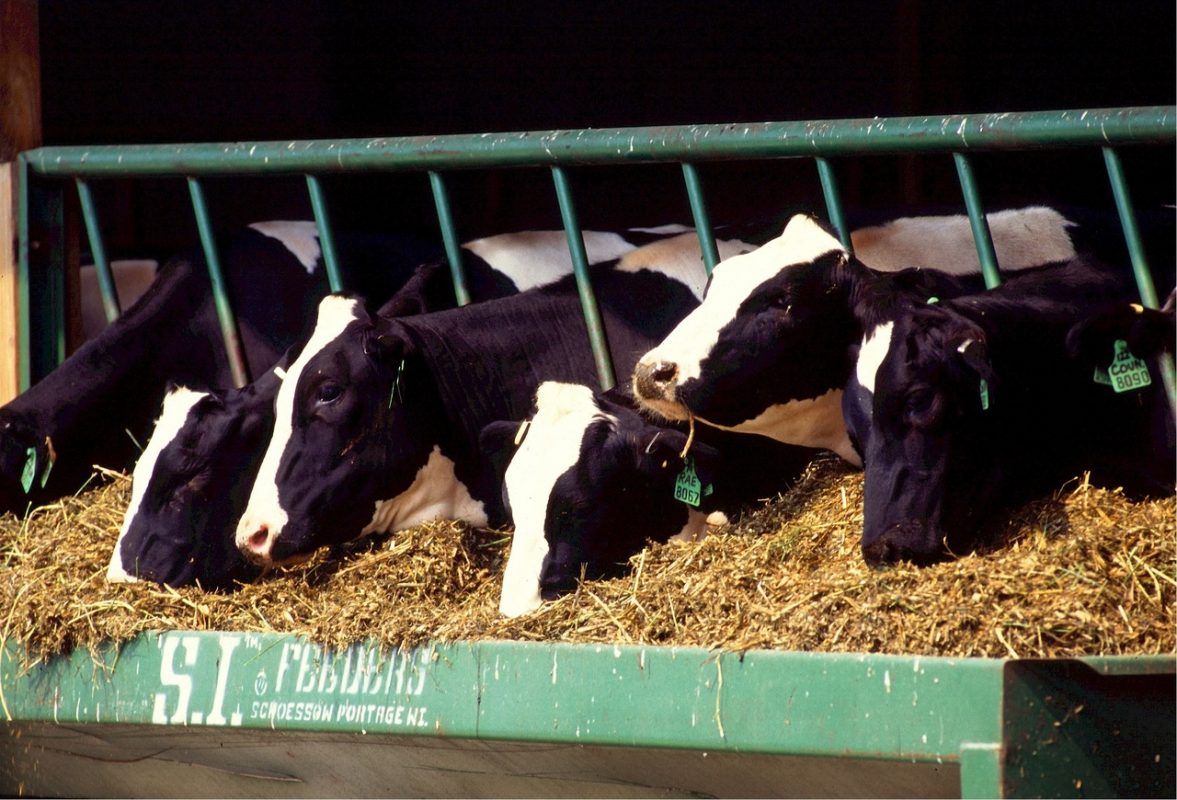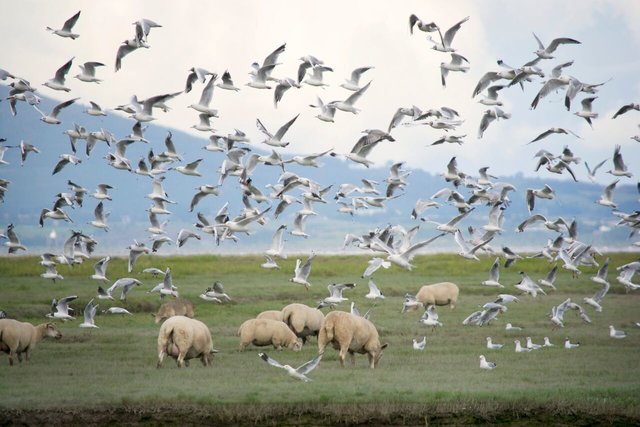New EU rules on free-range chickens set to come into force

November 24th, 2017
New EU rules to extend the period during which free-range chickens’ access to open-air runs can be restricted is set to come into force tomorrow.
Following the avian influenza outbreak in 2008, the EU put rules in place to allow farmers to market their eggs as free range even if their hens had no access to open-air runs for up to 12 weeks.
This period will now expand from 12 to 16 weeks from tomorrow, 25 November 2017. The European Commission said that it is increasing the time period in response to potential economic losses raised by concerned EU hen farmers.
The 12 week span was deemed too short by farmers with the prolonged nature of the influenza outbreak in 2016. They faced financial losses by keeping their hens in longer than the specified period, subsequently forcing them to market their usual free range eggs as ‘barn’ eggs.
EU Regulations
EU veterinary rules require hens to be kept indoors to reduce the risk of infections from migratory birds, which is at direct odds with EU rules around free range eggs.
The new rules will also allow eggs from each individual flock on the same farm to be labeled as free-range for the full 16-week period, regardless of when the farm came under the restrictions and even with hens being confined from open-air access.
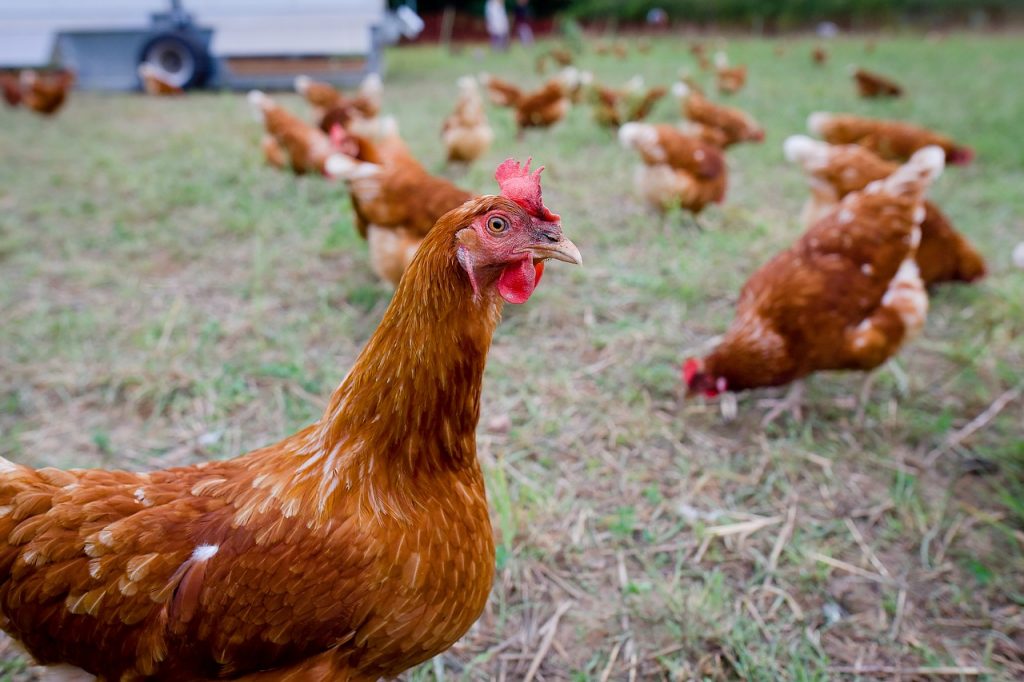
Free Range Chicken Photo: Max Pixel
There are currently around 390 million hens in the EU, of which around 54 million or 14 per cent are kept in free range systems. Free range eggs make up a significant portion of the Irish market (40 per cent), second only to the UK (53 per cent).
According to the European Commission, the avian flu restrictions imposed in 2016/17 had a particularly severe impact in Ireland, together with Germany, the Netherlands, the UK, Belgium, and France.
Animal Welfare Concerns
However, Compassion in World Farming (CIWF), warned that wild birds must not be “scapegoated” for a problem originating from factory farming.
The animal welfare group said that industrial farming is failing to take action to prevent disease outbreaks “time and time again” and that consumers should be informed of any temporary measures to keep the birds indoors.
“Highly pathogenic avian flu is yet another reason for ending the practice of factory farming, whereby tens of thousands of chickens are crammed together in stressful conditions, lowering their immune system and causing the perfect breeding ground for new and deadly forms of virus,” a statement from the group said.
“Steps should also be taken at the same time to enrich indoor environments to reduce the impact of confinement on the birds’ welfare,” the statement continues.
[x_author title=”About the Author”]
